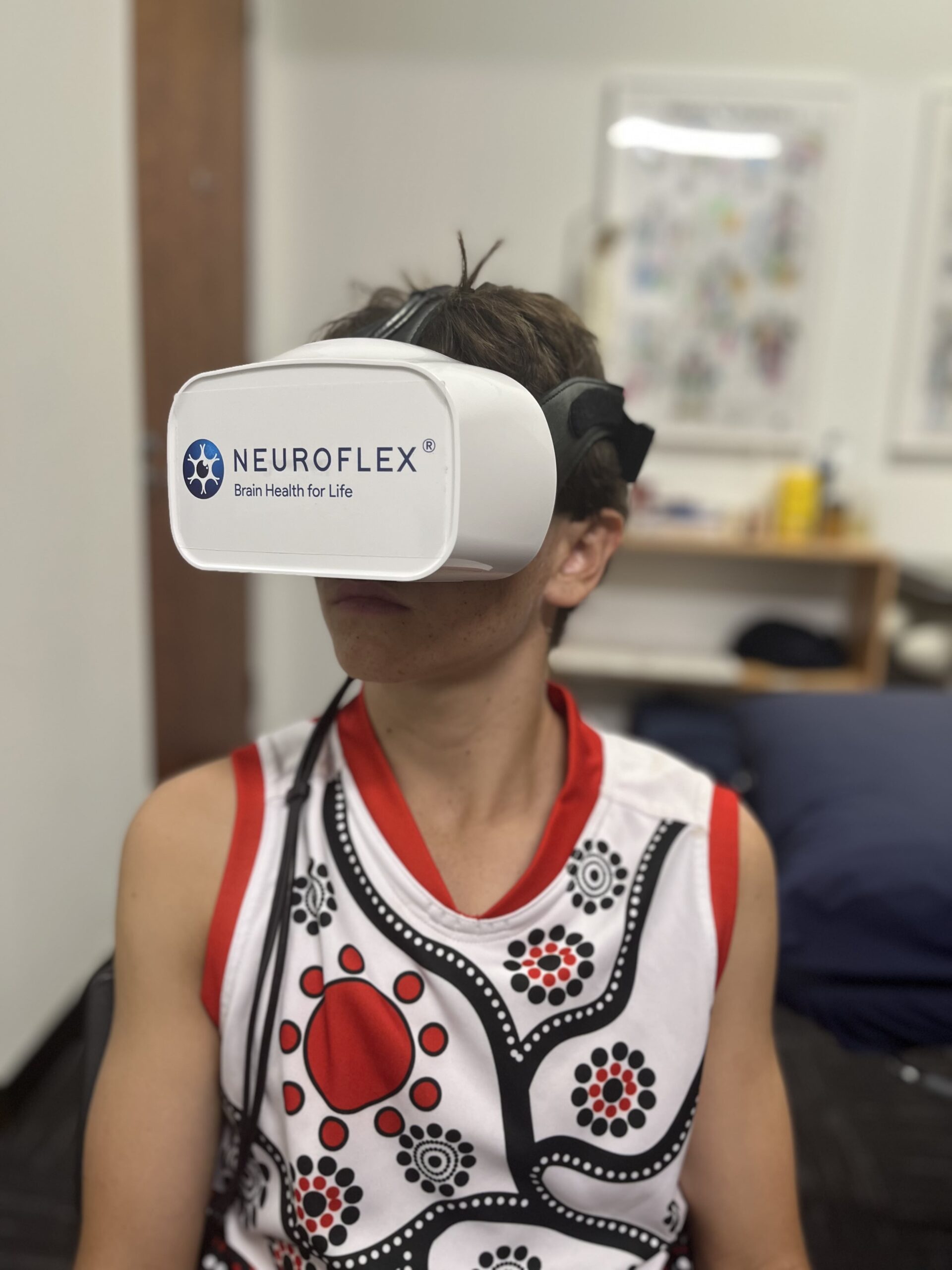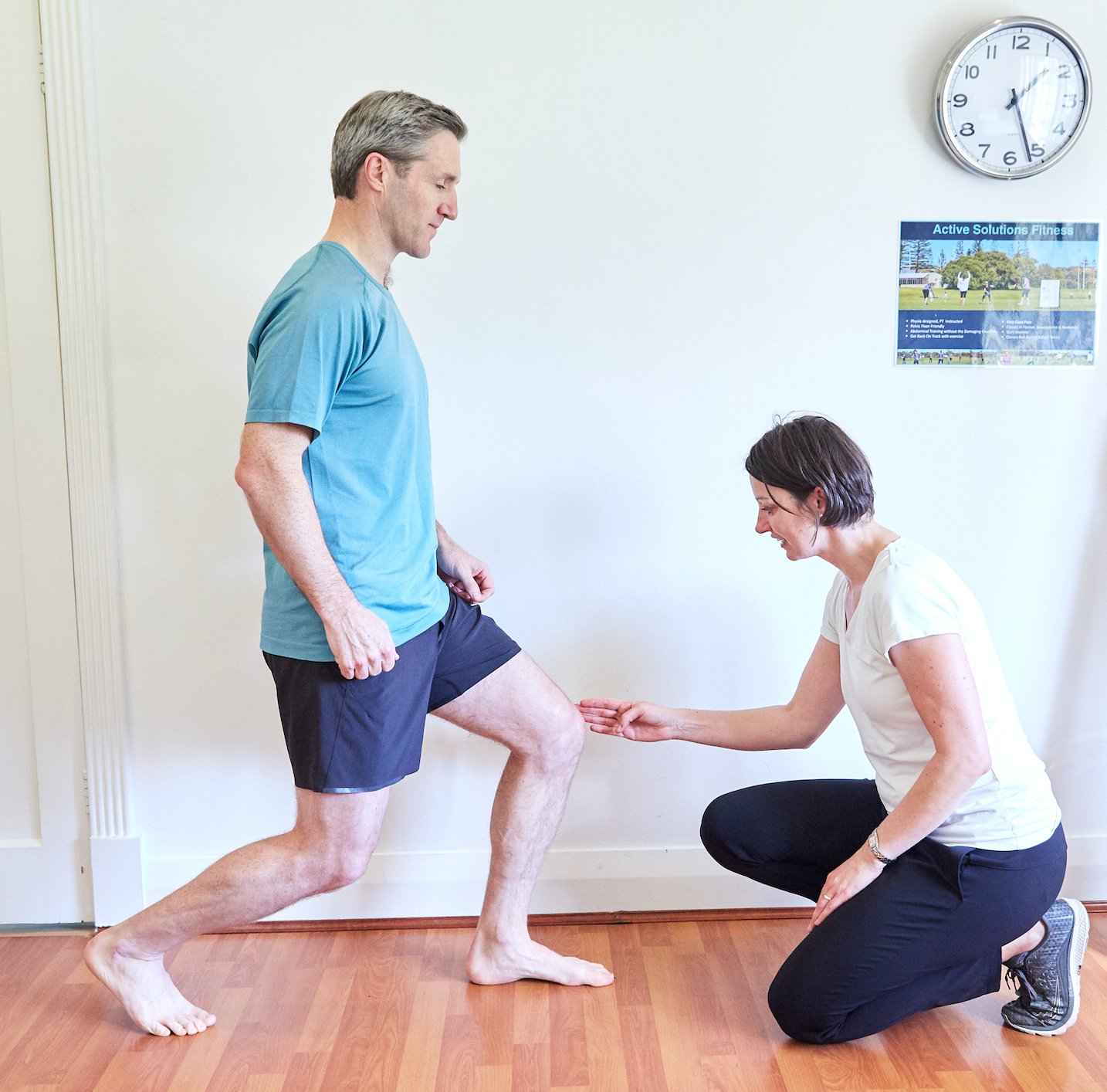We’ve all felt a joint cracking before, sometimes on purpose, sometimes it just happens. Joints make noises and that’s a pretty normal part of being human. For me, it tends to be my ankles which seem to go first thing in the morning, yielding a one-off crack seemingly loud enough to resemble a car backfiring. Am I concerned? Not at all, so long as my housemates don’t get too annoyed fat the early morning wake up noise.
So, what’s happening to cause joint cracking? In simple terms, it’s just the result of pressure building up within a joint which suddenly gets released when the joint reaches its end range of movement. As the pressure equalises, we get the cracking noise.
Studies show that this can produce a temporary release of feel-good hormones in the area and it doesn’t appear to be harmful or increase our risk of developing arthritis (at least when tracking people who habitually crack their knuckles overtime). In the right circumstances, we also sometimes do this as part of a Physio treatment plan to help improve movement at a joint.
Sometimes however, joint cracking is not desirable and might be something best to limit. Here are some occasions when that click or crack might warrant some further investigation.
1. It is painful
Pain is generally an indication for a need to temporarily modify activities. In terms of a painful click or crack, this may be indicative of an unhappy joint lacking muscle support or potentially an unstable tendon or nerve which is flicking over a bone. Either way, if it’s enough to cause the body’s pain receptors to fire, it’s likely something you may want to limit.
2. It is repetitive and associated with either increased joint stiffness or a feeling of looseness or instability.
If you’re one of the people who squat down and hear an orchestra of clicks, don’t worry you’re not alone and this is something we see quite a lot of in the clinic. The good news is that in the absence of pain, this is usually not harmful. It is a sign however, that you may be weak and lack control of the muscles around the joint, affecting the way it is moving. Some people are also just born with extra mobile joints. This can make for some pretty cool party tricks, however if there is not sufficient muscle strength to control the extra range, this may lead to problems in the long term, particularly for athletes with high demands on their body.
3. It started following an injury
When we push our bodies to the limits or do things we’re not accustomed to, sometimes injuries can occur. If a new click or crack starts following an injury, this could be a sign that there’s been some kind of disruption to a joint and/or inhibited muscle that may not be doing its role well enough to keep the joint stable and moving well.
If you’re concerned about any of these, a physiotherapy assessment may be a good idea to rule out any sinister causes and ensure your muscles are strong enough and working in unison to support your joints. Otherwise, that joint cracking is nothing to worry about (unless your housemate has some noisy ankles and it is waking you up every day!).









